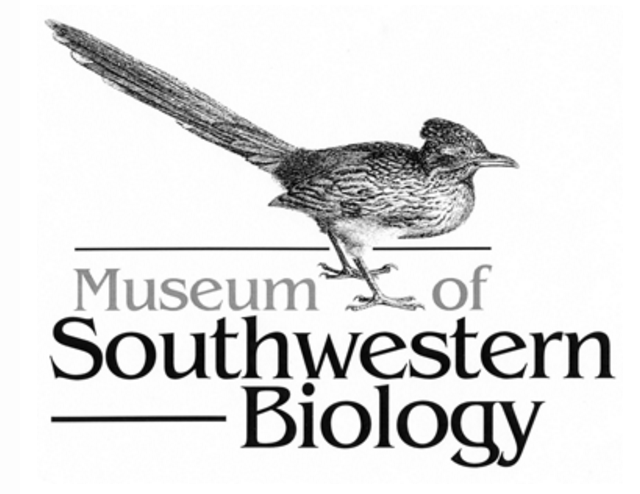Document Type
Annual Report
Files
Download Full Text (48.3 MB)
Publication Date
2018
Abstract
In 2018, the Museum of Southwestern Biology (MSB) has continued to improve its profile and impacts, both on the University of New Mexico campus and in the international scientific community. Its collections serve as scientific infrastructure that enhances research, teaching, community service, and public outreach. The MSB is part of the UNM Department of Biology, and the missions of the MSB and the Department are synergistic. MSB houses extensive and rapidly growing collections representing biodiversity of world, primarily from the last halfcentury. MSB has outstanding collections from New Mexico and western North America, but it also has substantial holdings from five other continents around the world. MSB consists of eight divisions, and one special program (the Natural Heritage Program New Mexico). MSB also manages the large federal collection of the US Geological Survey collection, second only the Smithsonian Institution in size among federal collections. The collections enrich education by allowing for scientists, educators, public health professionals, and natural resource managers to investigate climate change, environmental quality, emerging diseases, invasive species, ecology, genomics, and evolution. The databases associated with the MSB's eight collections constitute a significant, accessible informatics resource that grows in value each time scientific research is done using the collections. In these ways, MSB contributes to understanding life on earth, its origins, diversity, function, and relationships with human society and public health. MSB annual reports are archived and accessible via UNM's internet repository: (http://repository.unm.edu/handle/1928/24433).
Recommended Citation
Witt, Christopher C.. "2018 Annual Report." (2018). https://digitalrepository.unm.edu/msb_annual_reports/13

Included in
Biodiversity Commons, Bioinformatics Commons, Biology Commons, Genetics Commons, Museum Studies Commons, Other History Commons

